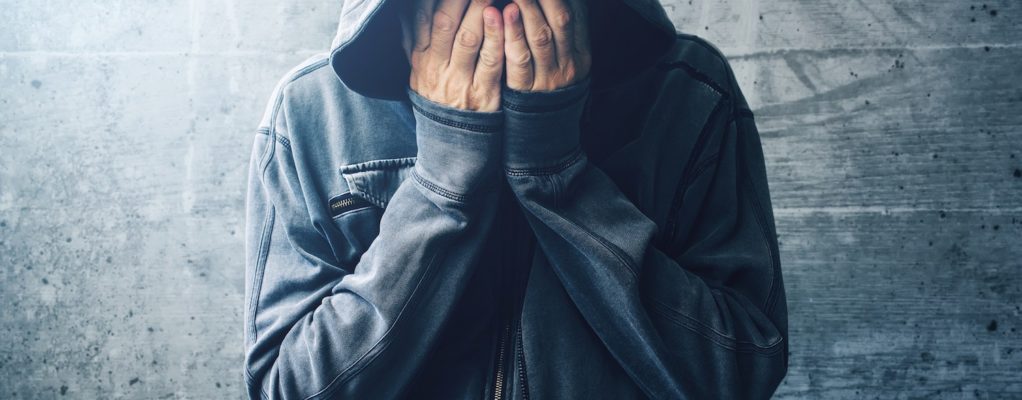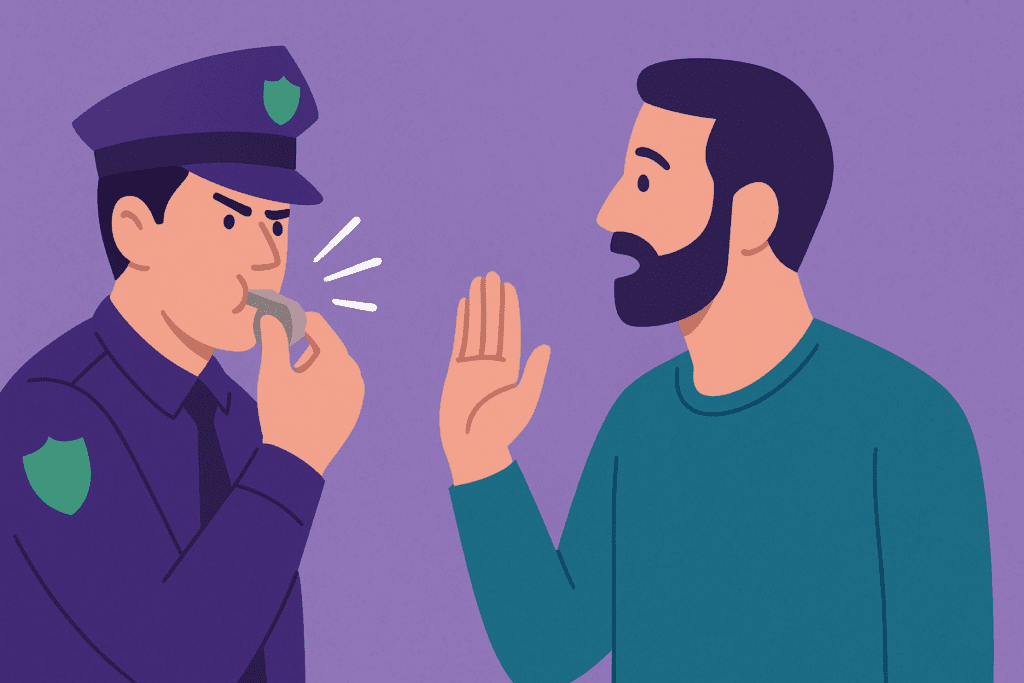What Does Addiction Feel Like?

“Chris, what does addiction feel like?”
Over the past 15 years, many people have asked me to describe what addiction feels like.
It’s easy to feel dismissive of questions like this, but the reality is people are asking because, more times than not, they want to understand it.
As addicts, we often feel as though everyone is like us. But in reality, many people share traits with us yet are not addicts.
Something Is Different
I wanna share with you one of the most shocking things I’ve ever experienced.
I’ve witnessed someone in a bar nursing a beer or cocktail for what feels like an eternity. I’ve seen them leave cash for their bill, stand up, and walk away with some of their drink still remaining.
There’s no way I could have left an unfinished drink. But it’s not an obsessive-compulsive twitch that would drive someone like me to finish the drink.
As hard as it is to imagine, every remaining drop of that drink represents a part of me, a better part than my natural self.
Even though I know that it’s not true, there is something in my head that makes me believe that just that little bit more will fix what’s missing inside of me.
Addiction Feels Like a Solution
You see, for me, addiction feels like an empty void that these substances briefly mask. Each pill or drop of drink covers it briefly, and at that moment, I feel truly alive.
So what’s the empty void?
Well, it can be different for everyone. Many addicts use and abuse substances or initiate harmful behaviors differently. However, in all my years of knowing addicts, working on myself, and equally being around non-addicts, I’ve found that the “empty void” feeling is a somewhat consistent character.
It doesn’t feel the same for everyone, but the empty void appears to surface just before a binge or a bender.
- The empty void tells us we are missing something, like a nearly completed puzzle. That the substance will help finish the puzzle.
- The empty void tells us we are on the cusp of pleasure, and the substance will push us over the edge.
- The empty void tells us there is no hope for today or tomorrow, and the substance will numb this reality.
- The empty void tells us that life is boring and that the substance will give us purpose. Whether it’s good or bad, anything is better than being still.
As you can guess, this connective emptiness drives us to take action.
And in our case, that action is self-destructive.
What I Feel as I Inch Closer to the Dark, Empty Void
There are genuine physical and psychological feelings I can report experiencing while operating from within my addictive behavior.
For me, as I contemplate what I’m about to do, my heart beats faster, my fingers tingle, and my mind races with excitement.
My brain concocts a false memory of my previous actions, stopping the playback at the moment of pleasure. The sounds and impulses of everything rational surrounding me are muted as I lock my complete attention on the attainment of this perfect moment.
Addiction is a lot like hunting and can have a gamification effect within our brain. The pursuit of the substance can be (and often is) more exciting than the lasting effects of the substance. In fact, most addicts treat their substance and the pursuit of it with the creativity of an inventor.
Unfortunately, the empty void never goes away. Instead of the substance covering the hole, we find ourselves cast into it, falling deeper and deeper.
But that’s not where the feeling of addiction ends.
There’s another answer that begins after we abuse our substances.
Addiction Feels Lonely, Painful, and Shameful
It’s sad but true. You come down from every high eventually. And while you have been in your fantasy world, the real world has kept moving. While in the act of substance abuse, it may seem like time stops, but it hasn’t.
Remember hearing your alarm clock going off two hours after you were supposed to wake up for something important? That’s what the post-high world resembles.
Addiction feels like waking up late for school or work, you’re racing to catch back up, and unfortunately, you can’t keep up.
There are jobs to show up for, bills to pay, recitals to attend, school to complete.
As you fall deeper into the crevasse of your empty void inside yourself, a new empty void opens in the physical world, where you will endlessly be behind on everything, letting people down and breaking loved ones’ hearts.
And eventually, the empty voids unite into one endless cycle that leads to your body giving up itself, unable to keep up with the false delusions in your head.
Addiction Feels Misunderstood
As you’ve read this brief explanation of addiction, you may find yourself overwhelmed with the realization that what addicts experience is vastly more complex than you ever imagined. It isn’t just that “Dad drinks too much” or “Susie needs to learn self-control.”
Simplifying addiction in the attempt to criticize the behavior doesn’t actually help. Accepting that addiction or other behavioral disorders operate at a much deeper level will allow you to have more patience as your loved one faces the battle.
Bear in mind that other experiences beyond my own add even more complexity. Socioeconomic disparities, physical or sexual abuse or mental illness turn checkers into chess.
Recovery From Addiction Feels Incredible
I know it’s pretty hard to imagine all of this in a loved one, but the inverse of this is that some of the best people I’ve ever met in my entire life have battled this same demon.
When an addict gets clean and sober, as they pick up the pieces of their life, they become acutely aware that others out there desperately need a loving hand. The community of addicts is often the best place for addicts to heal. There are exceptions, but by and large, I’ve found that addicts who recover have a desire to reach into the void and pull others out.
When we show grace and mercy to someone battling addiction, we may not realize it, but we save future addicts. The simple truth is that when an addict recovers, that provides the framework to help other addicts recover.
Because nothing feels better than that.
Get Treatment Help Now
If you or someone you love is struggling with addiction, getting help is just a phone call away, or consider trying therapy online with BetterHelp.
Exclusive offer: 20% Off BetterHelp*Following links to the BetterHelp website may earn us a commission that helps us manage and maintain AddictionHelp.com
*Get 20% off your first month of BetterHelp.



